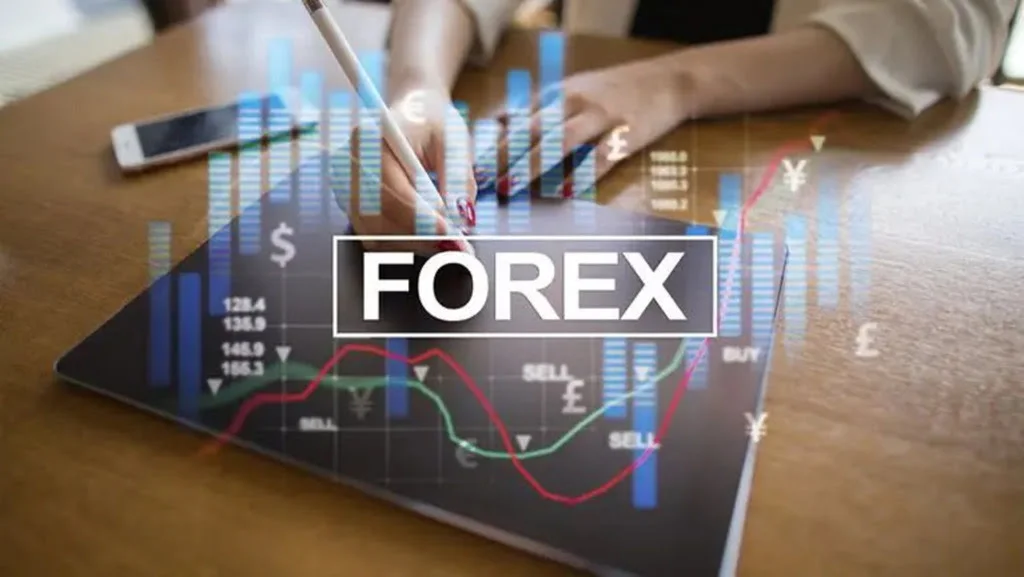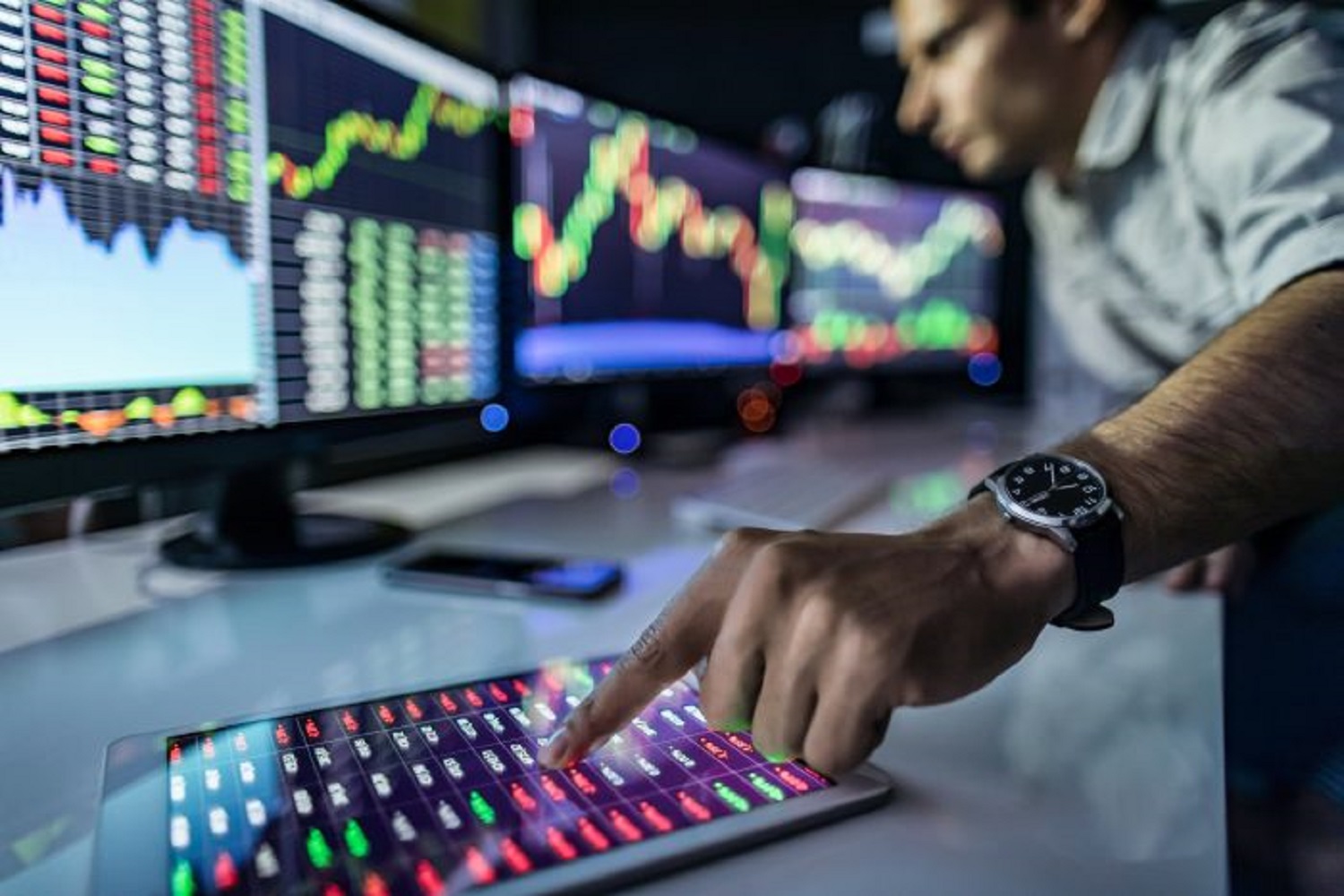Forex trading, standing for foreign exchange trading, represents the colossal marketplace where enthusiasts, investors, and institutions deal with national currencies’ buying and selling. With the Forex market’s intricacies, it’s crucial to understand its depth, techniques, and the financial obligations such as taxes tied to it.
Forex Trading for Beginners
The forex market, often referred to as the foreign exchange market or FX market, is renowned for being the world’s largest financial marketplace. Daily transactions in this market surpass the $5 trillion mark. To give a clearer picture, this is substantially larger than the stock markets, including the behemoth New York Stock Exchange.
Unlike the stock market that deals with buying and selling shares of companies, in the forex market, the trade centers around currency pairs, such as the USD/EUR or GBP/JPY. It operates 24 hours, five days a week, due to the global nature of the currency trade.
Essential Components of Forex Trading
Currency Pairs
In the heart of forex trading are currency pairs. Every transaction involves purchasing one currency while simultaneously selling another. The first in the pair, the “base currency,” is counteracted by the second, the “quote currency.”
Forex Brokers
They act as intermediaries and offer platforms for traders to execute their trades. When selecting a broker, consider factors like trading fees, platform usability, and customer support.
Trading Platforms
These are software applications or tools provided mostly by brokers, enabling traders to place trades, monitor accounts, and conduct technical analysis.
Leverage
Forex trading is known for its high leverage, allowing traders to hold positions much larger than their actual account balance. While this can magnify profits, it also magnifies risks.
Taxation in Forex Trading: A Critical Aspect
The profits generated from forex trading aren’t exempt from taxes. Tax regulations may differ in each country, so it is important to know how to pay taxes on Forex trading and report to your country’s tax authorities. However, the taxing mechanisms can be intricate:
- Retail Traders
Predominantly, if forex isn’t your primary income source, your earnings from it would likely be categorized under capital gains.
- Professional Traders
Those who rely on forex trading as their main revenue stream might see their profits treated as business income.
It’s pivotal to consult with a tax consultant to navigate through these waters.
Forex Trading Tips for Beginners
- Education
The forex landscape can be intricate. Several online resources, courses, and seminars can provide foundational and advanced knowledge.
- Demo Accounts
Before committing real money, use demo accounts provided by many brokers. These simulate real market conditions without financial risk.
- Risk Management
Define your risk tolerance and employ strategies to mitigate potential losses. This can include setting stop losses or diversifying trading strategies.
- Stay Updated
The forex market reacts to global events. From political shifts, economic indicators to even climatic conditions, various factors influence currency values.
- Network
Engaging with other traders, joining forums, and attending webinars can provide insights beyond books. Real-life experiences can offer invaluable lessons.
Forex trading is a blend of skill, analysis, and intuition. It promises potential high returns but also comes with its fair share of risks. An educated approach, combined with strategic planning and continued learning, can lead to success in this vast financial domain.
Forex Analysis Techniques: Delving Deeper
The intricacies of the forex market require traders to harness a variety of analytical methods to predict and capitalize on price movements. The ability to effectively analyze the forex market is the cornerstone of any successful trader. Below is an expanded look at three pivotal forex analysis techniques that have been embraced by traders globally.
- Fundamental Analysis
At its core, fundamental analysis in the forex market involves evaluating the intrinsic value of a currency by analyzing various economic, social, and political factors that can influence its demand and supply.
- Economic Indicators
These are statistics about economic activities. Popular indicators include Gross Domestic Product (GDP), unemployment rates, inflation rates, and consumer price indices. For instance, a country with rising GDP figures will often see an appreciation in its currency.
- Interest Rates
A fundamental aspect often overseen by new traders. Higher interest rates typically cause a rise in the currency value as they offer lenders higher returns on investments denominated in that currency.
- Political Stability and Economic Performance
Currencies from nations that are politically stable and have good economic performance are often sought after. A stable political environment attracts foreign investors, leading to currency appreciation.
- Trade and Capital Flows
If a country is exporting more than it’s importing, there will likely be a demand for its currency, leading to appreciation. Conversely, if there’s more outbound investment from a nation than inbound, its currency might weaken.
- Technical Analysis
Technical analysis involves evaluating historical market data, primarily through charts, to predict future price trends. This method operates on the premise that ‘history tends to repeat itself.’
- Price Charts
The most basic tool for a forex trader. Whether it’s candlestick, line, or bar charts, they provide visual insights into market trends over various timeframes.
- Indicators and Oscillators
These are mathematical calculations based on price, volume, or open interest. Popular ones include the Moving Average (MA), Relative Strength Index (RSI), and Moving Average Convergence Divergence (MACD). For instance, when the RSI exceeds 70, it might indicate that the currency is overbought.
- Trend Lines and Patterns
By drawing lines on historical price charts, traders can identify areas of support and resistance, which can indicate potential future price movements.
- Sentiment Analysis
Sentiment analysis involves understanding the collective mindset or psychology of traders. It’s based on the idea that when most traders expect a currency pair to move in a particular direction, it’s likely to do so.
- Surveys and Reports
Many institutions release sentiment indicators that reflect the mood of traders. These can be helpful to gauge general sentiment.
- Commitment of Traders Report (COT)
This is a weekly report by the Commodity Futures Trading Commission (CFTC) that provides insights into the net long and short positions of institutional traders. It can be a great indicator of market sentiment.
- Volume and Open Interest
Analyzing the volume of trades and open interest can provide clues about the strength or weakness of a particular price trend.
Importance of Psychology in Forex Trading
Mental resilience is key in forex trading. Here’s why:
- Emotion Management. It’s essential not to let emotions like fear or greed dictate trading decisions. Emotional trading often leads to mistakes.
- Patience. Not every day might be profitable. Having the patience to wait for the right trading opportunity is a trait shared by all successful traders.
- Continuous Learning. The forex market is evolving, and what worked yesterday might not work today. Being open to learning and adapting is crucial.
Forex vs. Other Investment Vehicles
While forex trading has its allure, it’s essential to understand how it compares to other investment options:
- Stocks
Stocks represent ownership in a company. The stock market is more regulated than the forex market, and many consider it less risky. However, potential returns can also be lower.
- Bonds
These are debt securities, essentially loaning money to an entity in exchange for periodic interest payments plus the bond’s face value upon maturity. They are typically less volatile than stocks or forex.
- Commodities
This involves trading goods like gold, oil, or coffee. The commodity markets can be affected by different factors than the forex or stock markets.
Conclusion
Diving into the world of forex trading can be both exhilarating and challenging. With the right knowledge, strategy, and mindset, traders can navigate the tumultuous waters of currency trading.
⚠ Article Disclaimer
The above article is sponsored content any opinions expressed in this article are those of the author and not necessarily reflect the views of CTN News









